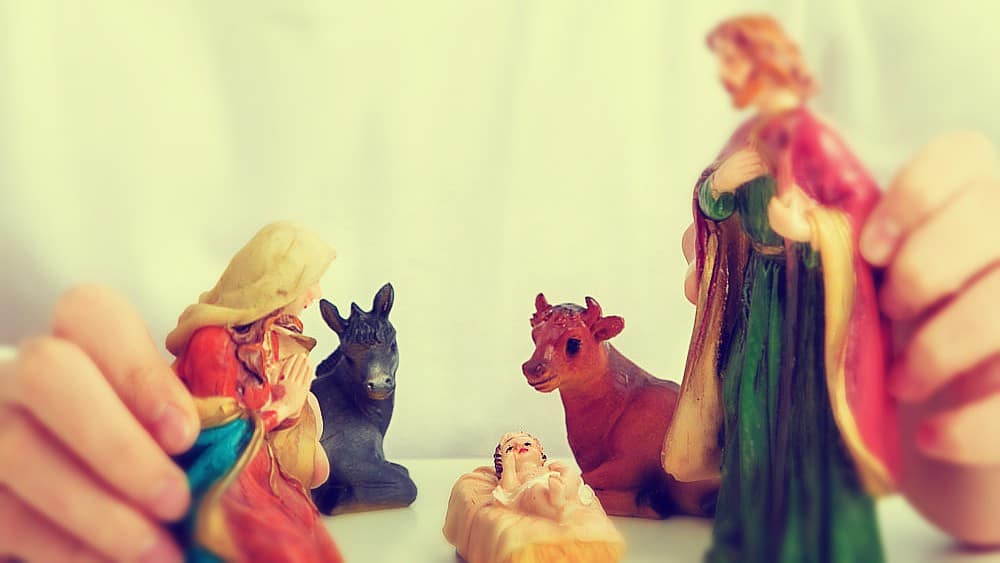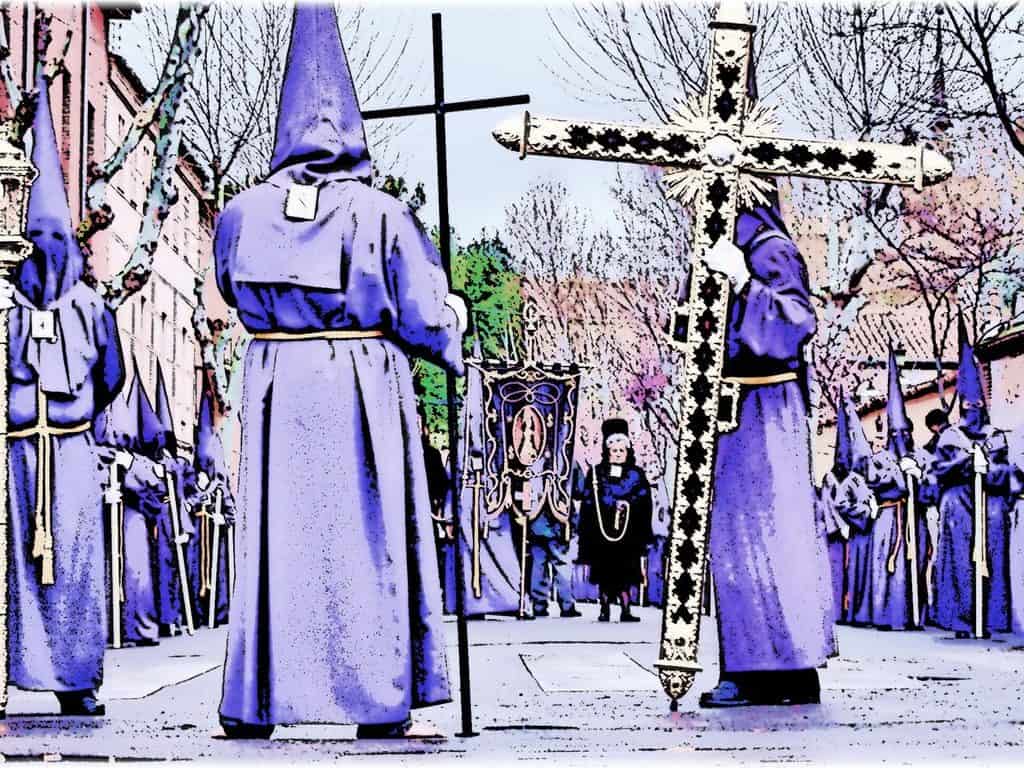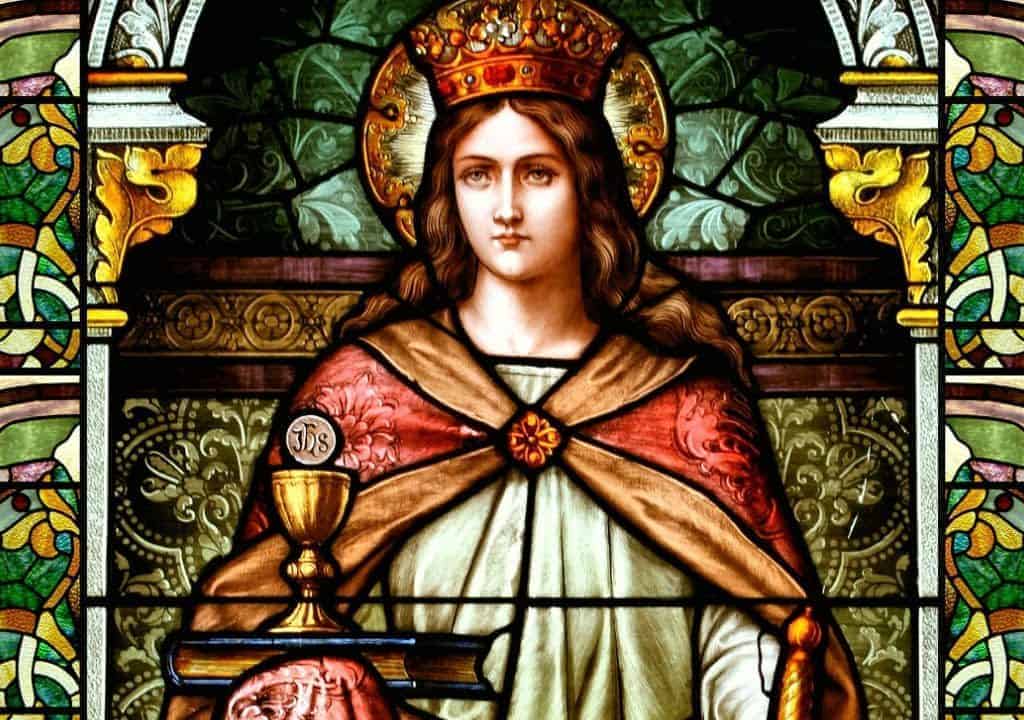Eastern religions such as Hinduism, Jainism, Shintoism, and to a certain extent Buddhism, maintain a belief in reincarnation. In Hinduism, it’s believed that the soul, inherently immortal, undergoes successive incarnations in different bodies – mere temporal vessels for the transcendental essence: the soul.
From Tolerance to Prohibition: Christianity and the Transformation of Reincarnation Belief
In the early centuries, some Christian sects, like the Gnostics, embraced the idea of soul transmigration.
This belief was prevalent in much of early Christianity until the 5th century, coinciding with its rise as the official religion of the Roman Empire.
In 543, under Emperor Justinian’s reign, possibly influenced by his wife Theodora, a decision was made to eradicate references to reincarnation from both the Old and New Testaments. Justinian’s motivations were not spiritual, but political.
For Justinian, the notion of a new life undermined the Church’s earthly authority. Conversely, belief in heaven and hell, rewarding or punishing earthly deeds, strengthened ecclesiastical power and, by extension, his own.
The Council of Constantinople
To legitimize this doctrinal shift, Justinian convened a council in Constantinople.
This city, both geographically and theologically close to reincarnation beliefs, was chosen for the council. Constantinople, the capital of the Eastern Roman Empire since the 330 schism with Rome, was seen as a bastion of these ideas, particularly associated with philosopher and theologian Origen.
Chronicles indicate that the council was heavily influenced by Justinian, to the extent that Pope Vigilius chose not to participate. The council condemned reincarnation as anathema, arguing its incompatibility with the doctrine of resurrection.
While Eastern traditions defended the idea of a soul reincarnating in different bodies, the Christian view emphasized the indissoluble union of body and soul, akin to the relationship between hardware and software in a computer.
Furthermore, resurrection was presented as a less universal process than reincarnation; whereas in Buddhism all are reincarnated souls, in Christianity resurrection is reserved for a few notable examples:
Lazarus, Jesus, Eutychus…
Reincarnation: Perspectives from Christianity, Judaism, Islam, and Modern Science
The emperor, in his astute judgment, regarded reincarnation as an additional opportunity, a chance to redeem the karma of the present life, employing a term from Hinduism.
Consequently, it’s unsurprising that, for both theological and political reasons, Islam rejected the idea of reincarnation. Both Judaism and Islam, like the Old Testament, dismiss metempsychosis.
Although some authors have debated the belief in metempsychosis among certain Jewish sages, it’s crucial not to confuse this with the notion of the preexistence of souls, a concept some Palestinian scholars seem to accept, believing all souls were simultaneously created by Yahweh.
Some rabbis hold that souls wait in the seventh heaven until they can incarnate. However, metempsychosis does not align with revelations from either the Old or New Testament.
Despite Rome’s opposition to this belief, labeling it heretical, reincarnation is gaining followers in the West. This rise is due to both the influence of Eastern religions, often spread through the New Age and the stance of doctors who challenge scientific materialism.
Psychiatrists like Brian Weiss and Ian Stevenson are convinced that reincarnation is the only plausible explanation for certain clinical cases suggesting regressions to past lives.




